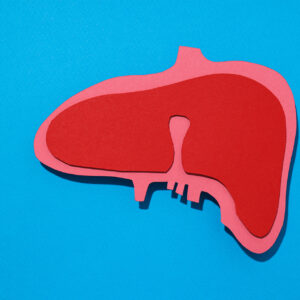A kidney function test, also known as renal function test or kidney panel, is a group of blood and urine tests that help evaluate how well the kidneys are functioning. These tests are commonly ordered by healthcare providers to assess kidney health, detect any abnormalities, monitor certain conditions such as diabetes or hypertension, and evaluate the effectiveness of treatment for kidney-related diseases.
The kidney function test typically includes several components:
- Serum Creatinine Test: Creatinine is a waste product produced by muscle metabolism that is filtered out of the blood by the kidneys. Elevated levels of creatinine in the blood can indicate impaired kidney function because the kidneys are not effectively filtering it out.
- Blood Urea Nitrogen (BUN) Test: Urea nitrogen is another waste product that is produced when the body breaks down proteins. Like creatinine, BUN levels can rise when the kidneys are not functioning properly. However, BUN levels can also be affected by factors such as diet and hydration status.
- Glomerular Filtration Rate (GFR) Calculation: GFR is a calculation based on serum creatinine, age, gender, and race. It provides an estimate of the volume of blood that is filtered by the kidneys per minute. A decreased GFR indicates decreased kidney function.
- Electrolyte Levels: Tests for electrolytes such as sodium, potassium, and chloride are often included in kidney function tests. Electrolyte imbalances can occur when the kidneys are not functioning properly.
- Albumin-to-Creatinine Ratio (ACR): This test measures the ratio of albumin (a protein) to creatinine in the urine. Elevated levels of albumin in the urine (albuminuria) can be an early sign of kidney damage, particularly in individuals with diabetes or hypertension.
These tests are often performed together to provide a comprehensive assessment of kidney function. Results are interpreted in conjunction with clinical symptoms, medical history, and other relevant factors to diagnose kidney diseases or monitor existing conditions. If abnormalities are detected, further testing or consultation with a nephrologist (kidney specialist) may be recommended for proper management and treatment.






Reviews
There are no reviews yet.